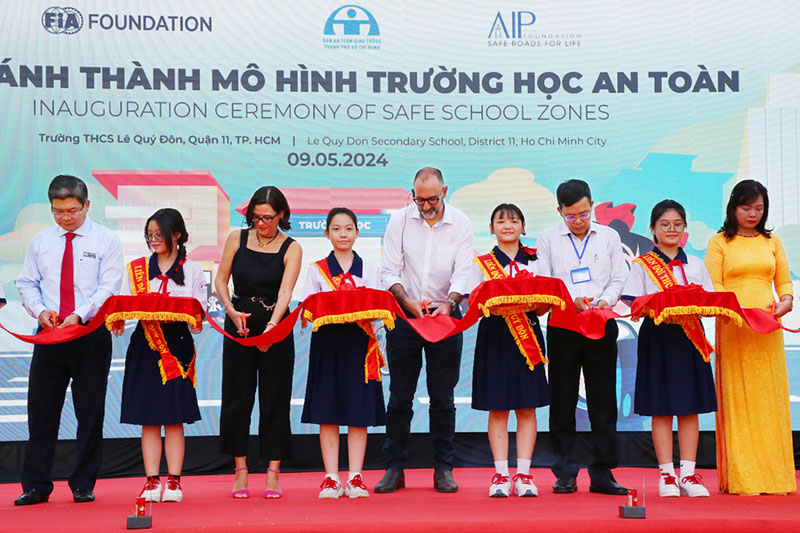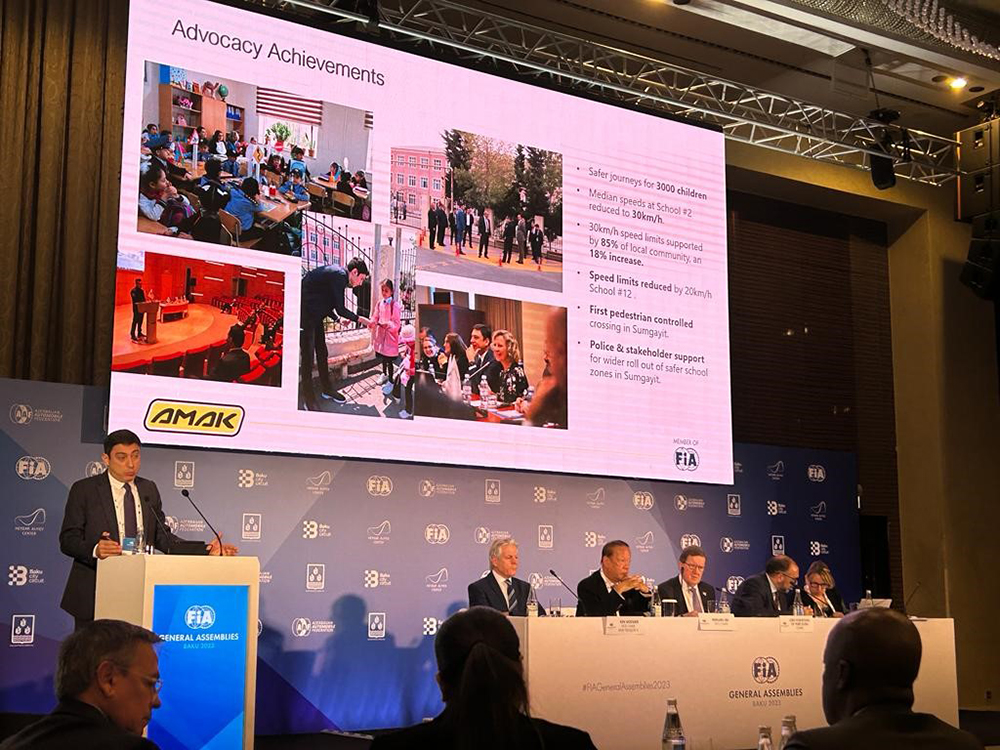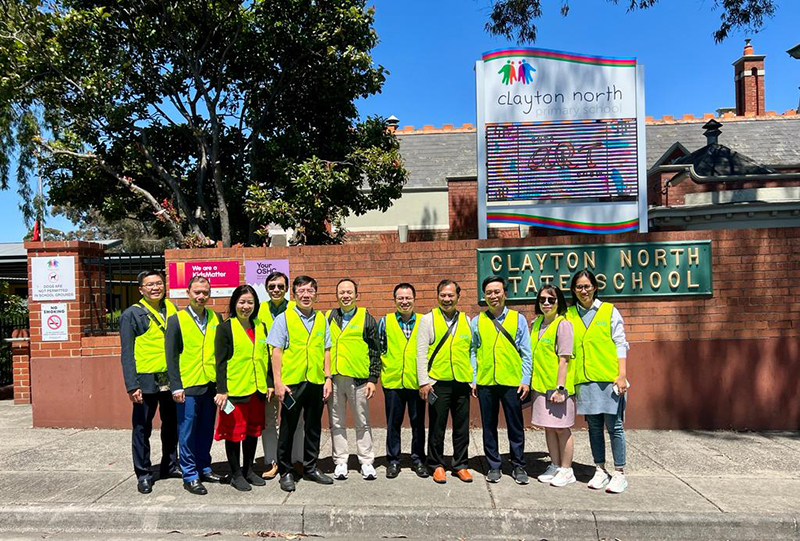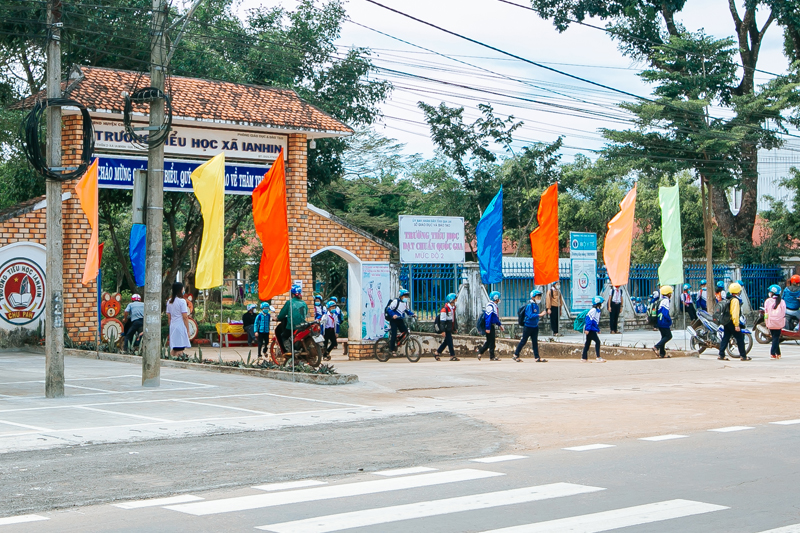AIP Foundation holds ‘Helmets for Kids’ workshop
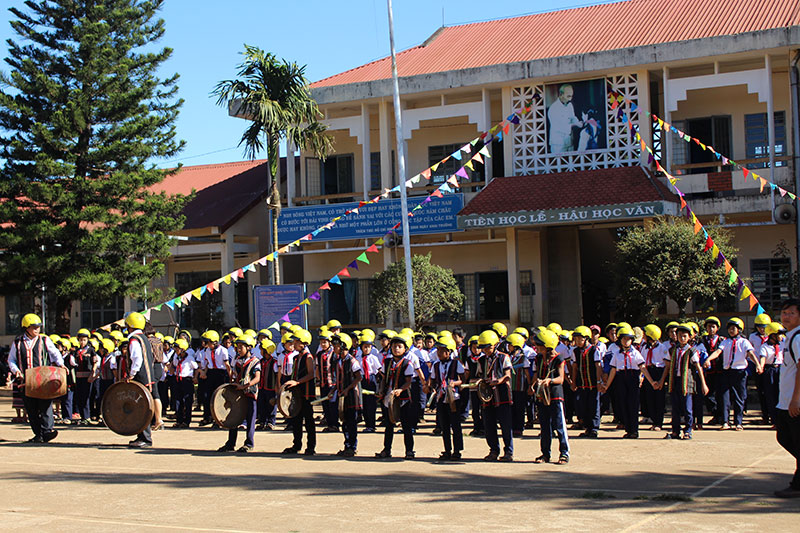
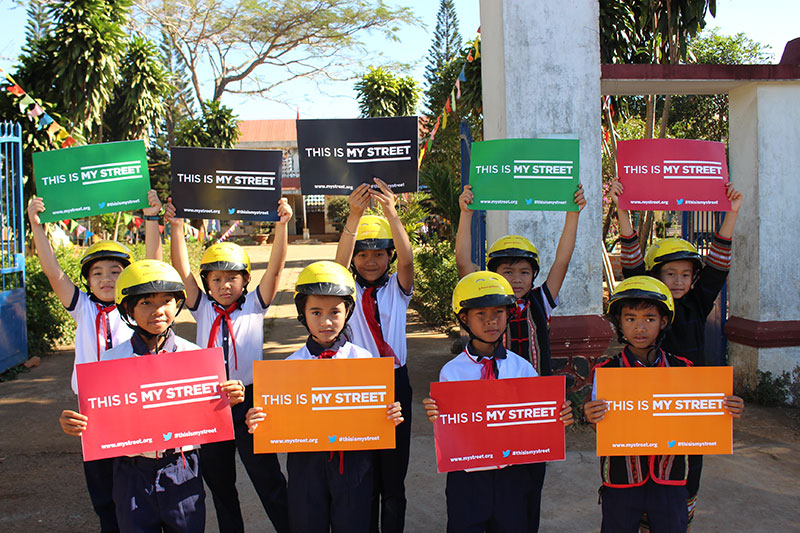
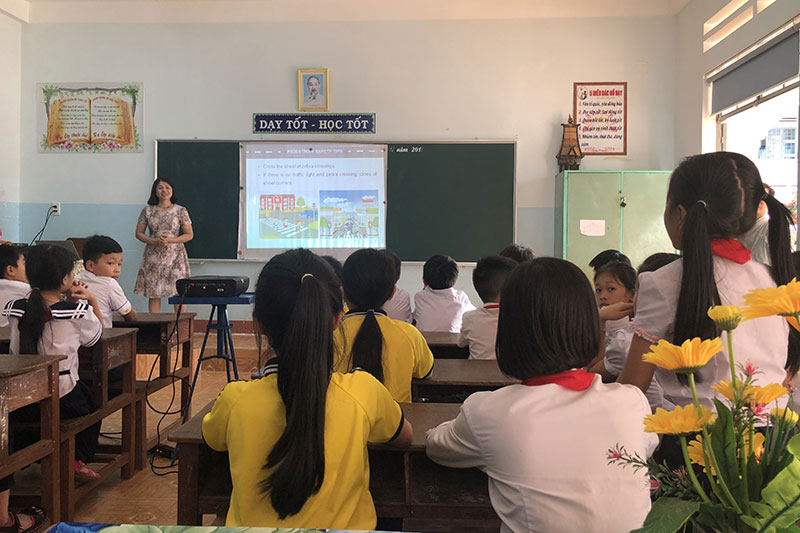
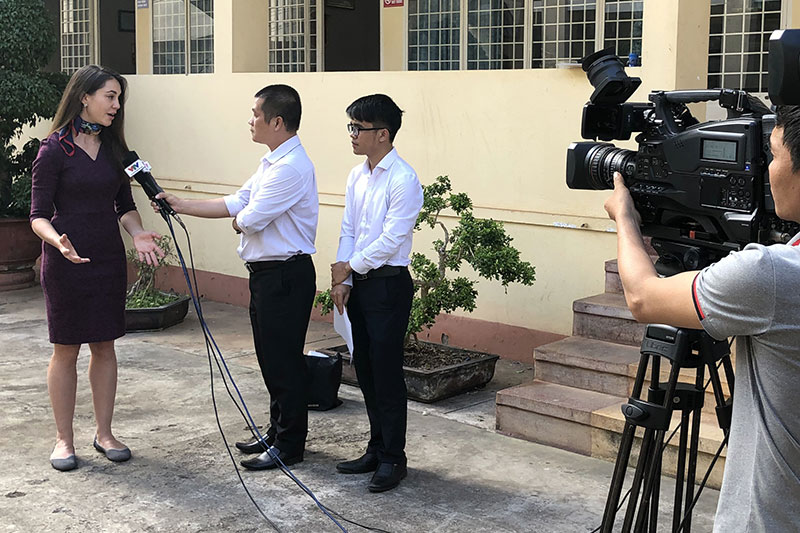
AIP Foundation convened 120 government representatives, educators, and parents for a mid-term ‘Helmets for Kids’ workshop, a program to save children’s lives by increasing helmet wearing. Stakeholders heard a call for the UN Summit for Adolescent Health.
Through increased helmet use in the past ten years, AIP Foundation has helped save Vietnam $3.5 billion, prevent 500,000 head injuries, and 15,000 fatalities. “Over 90% of adults wear helmets. However, child helmet wearing rates increased from 5% in 2007 to only 53% in 2017. Though that’s a significant increase, it’s still fatally low. This is why our work is far from over,” said Greig Craft, Founder and President of AIP Foundation.
"Southeast Asia still suffers some of the world’s highest road traffic fatality rates, along with Africa. There were about 2 million motorized 2-3 wheelers in Vietnam in 1992, a number that has grown to over 50 million today. Helmets are crucial to reversing Vietnam’s rising road traffic fatalities, especially among its most vulnerable population, children,” added Mirjam Sidik, the organization’s CEO. AIP Foundation continues to place children at the center of the political agenda, for example through its ‘Helmets for Kids’ program. It has increased helmet wearing rates from 38% in 2015 to 95% in December 2018 across 12 schools in Gia Lai Province. Crashes have decreased from 62 in 2016 to 21 in 2018.
At 19 December 2018 mid-term workshop, AIP Foundation convened 120 government representatives including Gia Lai’s Traffic Safety Committee, Department of Transportation, Department of Education and Training, and Traffic Police, educators, and parents to recognize exceptional community collaboration and provide feedback on the program. “AIP Foundation has brought more than 9,000 quality helmets to children in 12 elementary schools participating in the project,” said Mr. Nguyen Van Long, Deputy Director of Gia Lai Department of Education and Training. At the end of the workshop, he joined fellow representatives in a commitment signing, promising to always ensure that their children wear helmets.
One significant challenge to implementation in the Province is that nearly 45% of the population consists of 34 ethnic groups, many with distinct cultural and linguistic characteristics. A majority of the students come from low-income, ethnic minority households with adults primarily working in the region’s agricultural and manufacturing industry. While helmet safety is important to students and parents, families often struggle to afford enough quality helmets for all household members. One mother shared the her years-long struggle of having to be her family’s sole source of income after a speeding motorcycle left her husband disabled and unable to work. “My husband couldn’t work for a year, and I had to take care of him, our six-year-old, and our two-year-old, while still making enough money to feed us. I didn’t have helmets for my children, and especially after I saw my husband’s injury, I was afraid to travel with them. It was very isolating,” she said.
Children shared their perspectives, as well. “When my parents don’t pick me up with a helmet, I tell them I will walk. I wear it because it will protect my life,” said one second grader, showing how educating children can educate their parents, as well. "Students even wear their helmets during physical education classes to keep the sun off of them, and outside of school. It’s a source of school pride,” said the school principal.
“Together, you are showing the world how to save young lives. By protecting children now, you are building healthy habits that will last through adolescence and beyond. We can see here today that youth want to be protected. But around the world, many aren’t being listened to, and road traffic crashes remain the leading killer of those over age 5. We need leaders at the highest levels to listen to our youth, we need youth to be at the center of the political agenda. That is why we are calling for a UN Summit on Adolescent Health, and we invite you to join us,” said Natalie Draisin, North American Director and UN Representative for the FIA Foundation. “Your efforts can help the millions of motorcyclists around the world who are riding unprotected because only 49 countries have a helmet law. Governments are addressing this by adopting the WHO’s voluntary target to reach 100% helmet use by 2030. Gia Lai Province shows them how to get there.”
‘Helmets for Kids’ is funded by Johnson & Johnson, as well as the FIA Foundation which has supported AIP Foundation’s work in Vietnam, China, Thailand, Cambodia, and Myanmar to promote behavioral change through targeted education, global and legislative advocacy, access to safe equipment, communications for change, and research, monitoring, and evaluation.
AIP Foundation’s multi-faceted work extends far beyond helmets. The FIA Foundation visited Phan Dang Luu Primary School, part of the Slow Zones, Safe Zones program supported by Fondation Botnar and the Global Road Safety Partnership to reduce speeds at two schools in Pleiku. Nearly 1000 students are picked up and dropped off daily, mostly by motorcycle, on the high-speed road at the school’s entrance, with vehicles traveling over 50 km/hr. Over the next two years, AIP Foundation will work with local government agencies and school administrators to advocate for reduced speed limits in school zones, while installing speed management – such as speed bumps and zebra crossings – to transform Pleiku into a model school zone region in Vietnam.
AIP Foundation promotes an inclusive and just society by establishing the world’s first non-profit helmet factory, Protec. With sales across Asia, Protec is a social enterprise that raises awareness of traffic safety while demonstrating the benefits of maintaining a diverse workforce. “Protec employs more than 300 staff members in Hanoi – more than one-third of whom come from the disabled community. Having an inclusive workforce involved simply lowering assembly line tables to accommodate the needs of disabled employees on wheelchairs,” said Hoang Na Huong, Deputy CEO of AIP Foundation.



